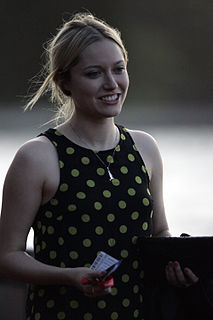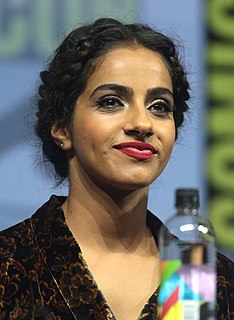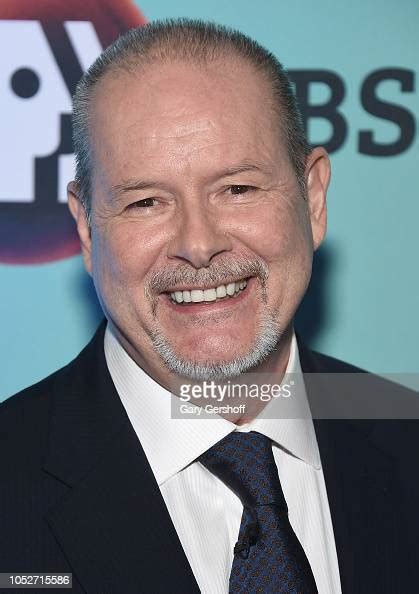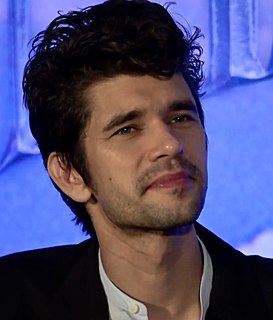A Quote by Michelle Yeoh
It's our responsibility as filmmakers to tell a story that's a human drama.
Related Quotes
I love independent films because I love to help, I love to assist, I love to pass along knowledge or experience to young filmmakers because usually, that's what they are. They're young filmmakers who are trying to either just simply tell their stories or trying to break into show business, and this is their calling card. But either way, I just really respect young filmmakers who are trying to tell a story that means something to them.
If you gauge how you're doing on whether somebody is responding vocally or not, you're up a creek. You can't do that; you kind of have to be inside of your work and play the scene. And tell the story every day. Tell the story. Tell the story. Regardless of how people are responding, I'm going to tell the story.
It seemed to me at an early age that all human communication - whether it's TV, movies, or books - begins with somebody wanting to tell a story. That need to tell, to plug into a universal socket, is probably one of our grandest desires. And the need to hear stories, to live lives other than our own for even the briefest moment, is the key to the magic that was born in our bones.




































